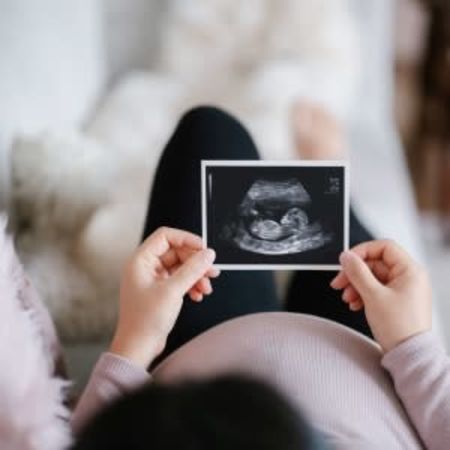The COVID-19 pandemic created many disruptions to everyday life, including disruptions in essential health services. To reduce the rate of transmission, many medical policies around pre and postpartum care were changed. Such changes were reported to be the most common stressors among pregnant women. Unfortunately, increased maternal stress is known to have an effect on the foetal brain and may also adversely impact postnatal neuro developmental outcomes.
The study, led by experts from Children’s Hospital Los Angeles and Children’s Hospital of Pittsburgh, emphasised the need to highlight the COVID-19 exposures on foetal brain development. By determining whether there is an existing association, providers may work towards mitigating maternal stress, subsequently reducing the health consequences of women and babies.
To conduct this study, lead authors recruited 45 healthy pregnant women between 18 – 45 years from in and around Los Angeles,with confirmed uncomplicated pregnancies.
Between 2020 and 2022, recruited participants completed self-assessment forms multiple times, recording their feelings and experiences with regards to the COVID-19 related health service disruptions.
Following this, they underwent foetal MRI; the results were interpreted by neuroradiologists using quantitative multimodal measures.
The findings revealed that,“higher maternal stress was associated with increased brain stem volume (suggesting accelerated brain stem maturation) and globally decreased temporal variability of function (suggesting reduced functional connectivity) in the foetal brain”.
In addition, the results indicated differences in coping behaviours between pregnant women experiencing high stress compared to those experiencing low stress. Increased use of adaptive coping behaviours, such as humour and venting, were more prevalent among pregnant women who reported lower stress compared to the group who reported high stress. Furthering this, low stress mothers frequently sought access to mental health information and providers to support them through their stress and enhance their sense of wellbeing.
By comparing coping behaviours between the two groups of pregnant women, it is clear that there needs to be improved service availability and information that can be easily accessed by women. This will aid in supporting them through their stress and improve their mental health outcomes. Some of the potential avenues involve “routine screening for prenatal stress, provision of stress management information, and improved access to prenatal mental health care”.
For more Women's Health news Click here
Source: Journal of Clinical Medicine
Image Credit:iStock
References:
Rajagopalan V et al (2022) Impact of COVID-19 related maternal stress on fetal brain development: A Multimodal MRI study. Journal of Clinical Medicine. 11(22):6635























